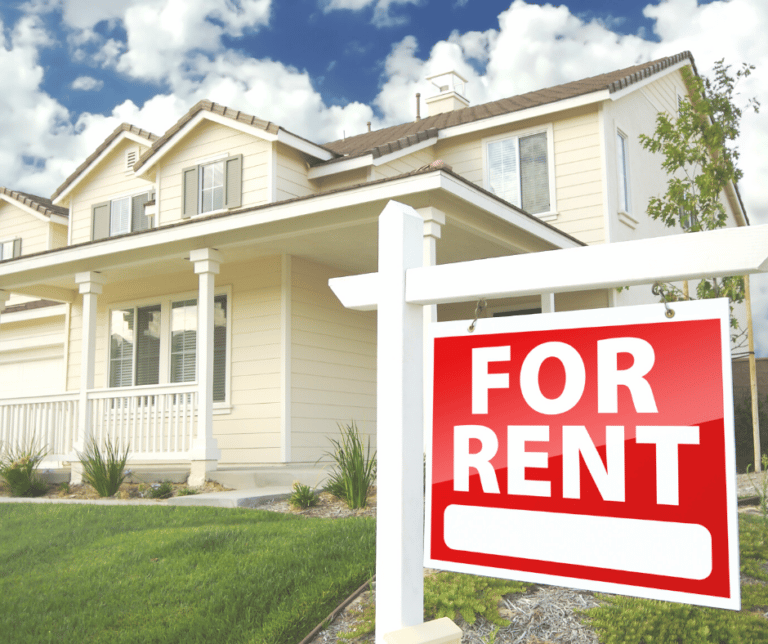As property management experts with over 20 years of experience managing single-family and multi-family homes, we’ve seen it all at MoveZen Property Management. From onboarding multi-family purchases with no keys or documentation to handling high-end luxury properties, we understand the unique challenges and opportunities when purchasing a property with existing tenants.
This comprehensive guide explores what landlords should expect when buying a property with tenants in place, helping you navigate this complex transaction with confidence.
Get a Free Virtual Rental Evaluation Plus a Custom Cost Quote
The Benefits of Purchasing Occupied Properties
The most significant advantage of buying a property with existing tenants is immediate cash flow. When you purchase an occupied rental:
As we often tell our clients, this immediate income benefit is substantial enough that we typically prefer acquiring properties with good tenants in place, despite the challenges that may come with the arrangement.
Common Challenges with Inherited Tenants
While the immediate income is attractive, landlords should be prepared for several common challenges:
Tenant Skepticism and Behavior Changes
Inherited tenants often approach new ownership with suspicion. This is natural—they’re experiencing a significant change in their housing situation without having chosen it. We frequently observe:
Limited Property Knowledge
When purchasing an occupied property, your ability to thoroughly inspect the home is often restricted. This means:
Relationship Building Hurdles
One often overlooked challenge is that you miss the opportunity to establish a positive relationship from the beginning:
Essential Financial Considerations
When taking over a property with existing tenants, proper financial documentation is crucial:
The Estoppel Letter
This critical document verifies the financial and contractual details of the tenancy. A properly executed estoppel letter should confirm:
Lease Verification and Enforcement
To properly enforce lease terms, you must:
Safety and Habitability Assessment
A proper transition includes verifying:
Understanding Tenants’ Rights During Ownership Transfer
Tenant rights during a property sale vary by location, but some general principles apply in most areas:
Standard Protections
In most jurisdictions:
State-Specific Considerations
Some states offer additional protections:
Month-to-Month vs. Fixed-Term Leases
The type of lease affects your options:
Handling Problematic Inherited Tenants
Sometimes you may inherit tenants who aren’t a good fit for your management approach:
Lease Violations
If tenants are violating lease terms, you can generally:
End of Lease Options
When a lease term ends, you typically can:
Holdover Situations
If tenants remain after a proper notice period:
Is Buying an Occupied Property Right for You?
The decision to purchase a property with existing tenants depends on several factors:
Consider Your Experience Level
Evaluate the Tenant Quality
Quality tenants make all the difference:
Weigh Financial Implications
Best Practices for a Smooth Transition
Based on our two decades of experience, we recommend:
Important Steps to Rent Your Home Out from A to Z
Step by step checklist for getting a home rented, and link to the full property management guide
1 Consider strengths and weaknesses for your home and location and consider special strategies to utilize them. Is it a college area? If so, you’ll likely handle a lot differently from low income, or a suburb.

2 Get the property in show-ready condition by handling repairs, but also low-cost aesthetic fixes like spray painting rusted AC grates, and other things that really stand out. A sure way to attract sub-par tenants and repel the rest is to show a home with unrepaired issues.
3 Decide whether you’re going to allow pets or not. Before you decide, know that for most landlords it’s the single best thing you can do to increase your “bottom line” profit over the long term. More on this subject here

4 Set a rental rate that will balance a minor amount of time on market hassle, with monthly rate. Whether in the form of owner-occupied showings, stress, or vacancy. Most owners fail to properly account for these subtle but real costs, especially vacancy. Vacant homes are much more costly than most account for. We can provide a free rental rate estimate compiled by people, not an algorithm, here
Conclusion
Purchasing a property with existing tenants presents both opportunities and challenges. The immediate income can be extremely valuable, but the potential complications require careful consideration and planning.
At MoveZen Property Management, we’ve successfully guided countless property owners through this transition. With proper preparation, clear communication, and thorough documentation, buying an occupied rental property can be a lucrative investment strategy that builds your portfolio while maintaining steady cash flow.












